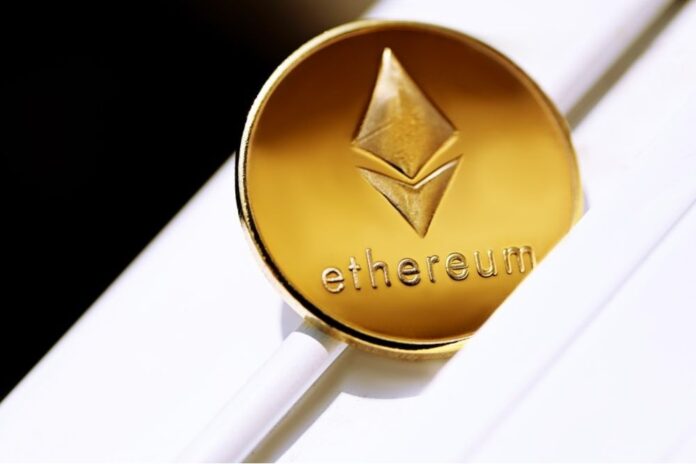Grayscale Investments, the world’s largest crypto asset manager, has published a report in which it compared Ethereum (ETH), the second-largest cryptocurrency by market cap, to the best and worst parts of New York City.
In the report, Grayscale compares Ethereum, the largest smart contract platform, to newer competitors such as Solana, Polkadot, Cardano, Avalanche, and Stellar.
Read Also: Dubai School Announces Plan to Accept Tuition Payment in Bitcoin (BTC) and Ethereum (ETH)
Ethereum Is Vast, Expensive, 10x Larger Than Any Competing Network
A section in the report titled “Digital Cities” analyzes Ethereum, Avalanche, and Solana. In this section, Grayscale states things that differentiate Ethereum from other blockchains.
Grayscale noted:
“Ethereum is like New York City: It is vast, expensive and congested in certain areas. However, it also features the richest application ecosystem, with over 500 apps that command a total value of over $100 billion—more than 10x larger than any other competing network.”
“Users and developers take comfort that Ethereum will likely continue to be the center of gravity for application innovation and liquidity due to the size of its community and the amount of capital locked into the network’s smart contracts. An L2 solution like Polygon is comparable to a skyscraper in NYC: It scales by building upwards.”
Read Also: Israel’s Largest Bank Launches Trading Services for Bitcoin and Ethereum via Partnership with Paxos
The crypto asset manager further stated that users who are migrating from Ethereum to competing blockchains can be likened to those moving to cheaper cities due to congestion and high gas fees. This can be attributed to the overwhelming demand for decentralized finance (DeFi) and non-fungible tokens (NFTs) over the past two years.
Grayscale added, “As Ethereum fees began to eclipse $10 per transaction, smart contract platforms like Stellar, Algorand, Solana and Avalanche experienced strong growth in daily on-chain transaction counts.”
Follow us on Twitter, Facebook, Telegram, and Google News



